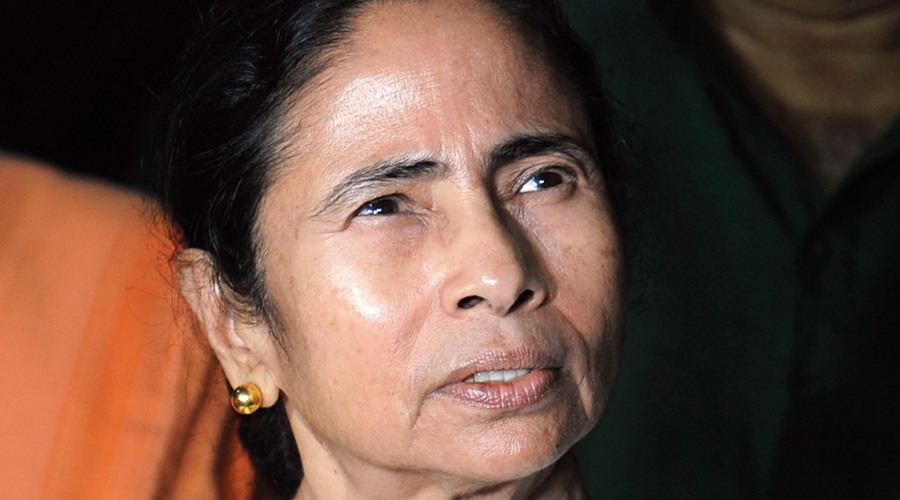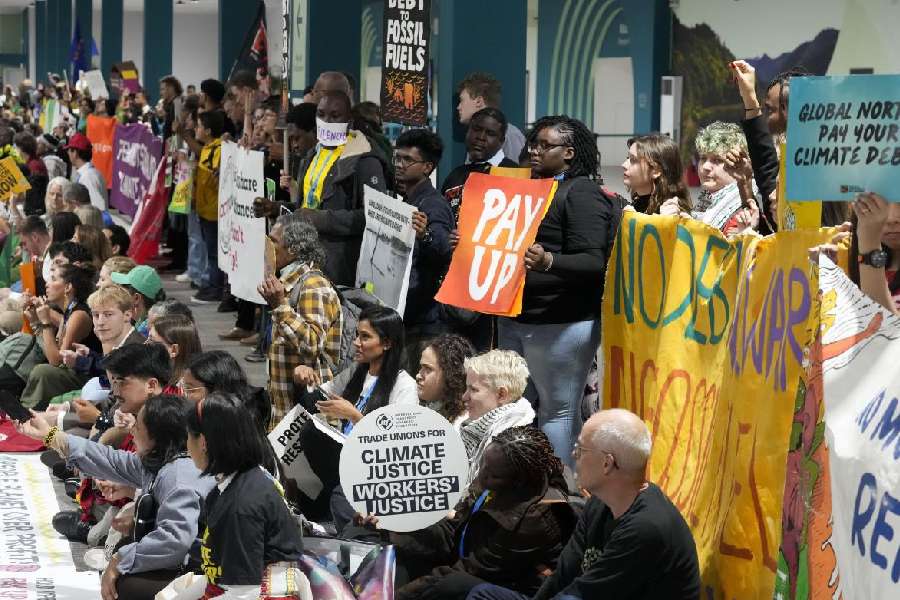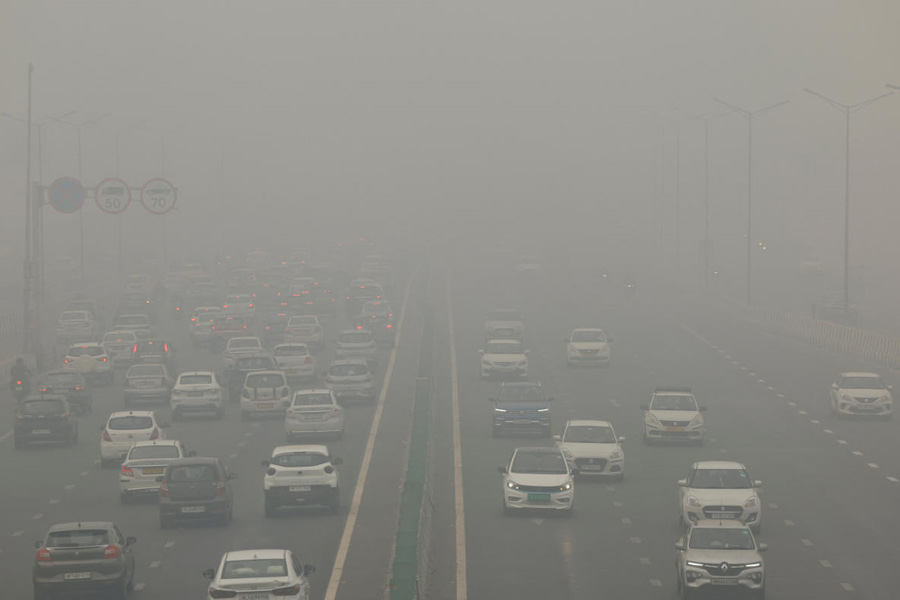The West Bengal government has called a meeting on May 10 with stakeholders of industry, factories, tea gardens to ensure protection of workers from the pandemic and continuity of business due to the raging second wave of COVID pandemic, sources said.
The state government has restricted the number of workforce at a time to 50 per cent including in tea gardens.
But, in case of the jute mills the number of workers in a single shift had been reduced further to 30 per cent.
"A virtual meeting will be held on May 10 which will be presided by the principal secretary of the Labour department to ensure protection of workers in industries, factories, mills, manufacturing units and tea gardens, from the current Covid pandemic and effective role of management in strictly implementing various guidelines," sources told PTI.
The government has advised wearing of masks, maintenance of physical distancing and Covid related health and hygiene protocols must be followed at all times.
Sanitisation of offices, work places, industrial units, commercial establishments must be carried out at regular intervals.
The state government has also instructed that all jute mills and other premises that had been occupied by Central security forces during the election period, should be thoroughly sanitised.
Jute is a labour-intensive industry with 2.5 lakh industrial workers in over 60 jute mills of Bengal and mills work in three shifts and around 4,000 bales of jute bags are produced every day.
But with 30 per cent workforce, the backlog of jute bag supply to wheat producing states like Haryana, Punjab, MP, UP and Bihar, will increae, mill officials said.
Indian Jute Mills Association had committed for supply of 14 lakh bales of jute bags in the Kharif season between June and November 2021.
The 30 per cent workforce regulation in jute industry has been imposed with an aim to prevent the spread of the deadly disease.











